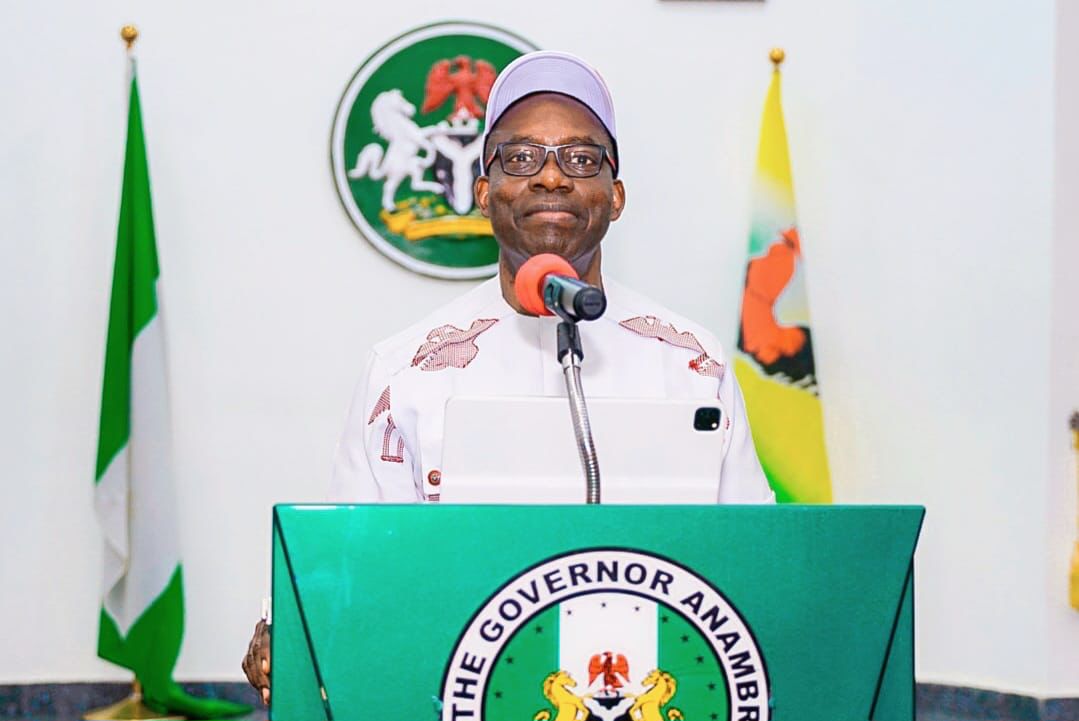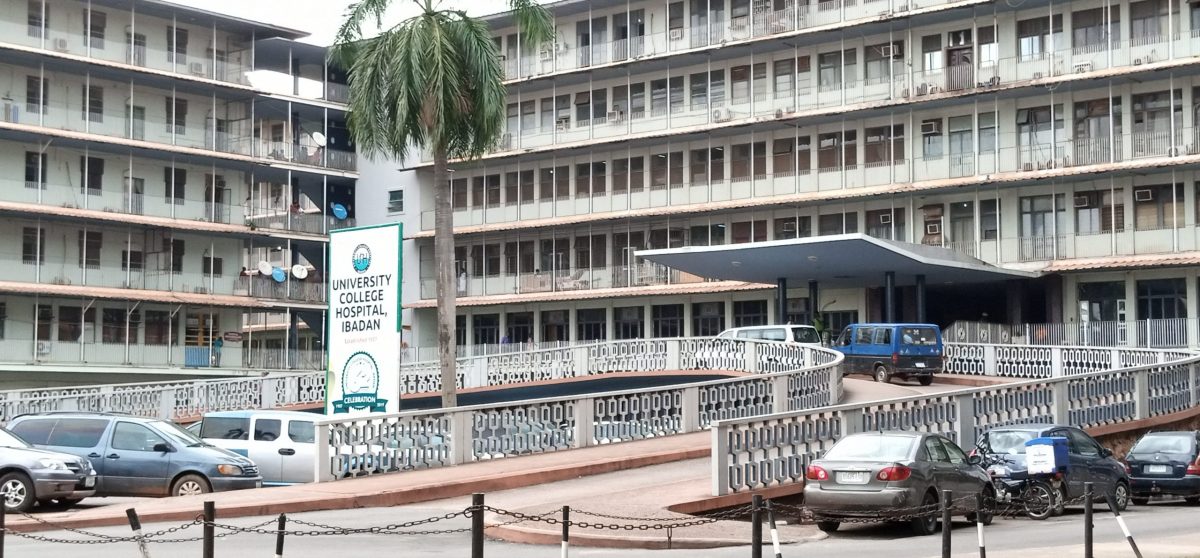On the 17th of March, 2024, Governor Chukwuma Soludo would be marking his second year in office as the governor of Anambra State and this would be followed by the massive commissioning and showcasing of projects. All these the governor has achieved without borrowing a penny even though the Anambra House of Assembly approved, in July 2022, for the governor to borrow 100 billion naira for infrastructure development.
Governor Soludo believes that if Anambra State must borrow, it must be at the best rates available in the market or for projects that are able to pay back the debt – i.e. bankable projects. Anambra State is currently working with members of its investment team to get the best deal for Anambra in terms of investing potential borrowed funds on bankable projects.
Currently in Anambra, the payment of salaries, the massive ongoing road construction projects, the completion of inherited projects from previous administrations and all the ongoing landmark projects in the state have been done by prudently managing Anambra’s meagre resources in the last two years.
It is not easy to have a governor with this high level of fiscal prudence. The Soludo-led government believes in doing more with less!
Advertisement
Worried by the indiscriminate borrowing of state governments last November, this is what the Fiscal Responsibility Commission (FRC) had to say: “We had a meeting in Lagos with banks to study debt patterns, how do banks give out loans and how they recover it. At the meeting, it was revealed that as soon as state governors constitute their cabinets bank officials swoop on them with mouth-watering offers to lure them into borrowing from the banks.”
FRC went on to issue guidelines on conditions that a state government must meet before borrowing from any bank. The commission went on to add that capital expenditures should have a proper cost benefit analysis open to the public.
FRC is right. Not every borrowing to fund infrastructure projects makes sense. For instance, as important as building village roads are, not every of this road would make investment sense if monies used to finance them were borrowed at prevailing market rates. And this is what sensible governors understand. For those very important projects that would not be able to generate funds – directly or indirectly to pay back their loans in the medium term – governor Soludo has decided to prudently use his meagre resources to fund them. For those that can easily pay back the loans used to construct them – such as busy roads that could be tolled – Governor Soludo now plans to finance them with future loans that would be well structured.
Considering the macro-economic condition of the country, even states that are well run need to borrow to fund almost every infrastructure project in their domains. Abia plans to borrow N385.27bn to fund a deficit of N401.16bn in its 2024 budget. Zamfara is planning to rely on capital receipts of N263.09bn to fund its 2024 budget. Abia State, for example, has stated clearly that the bulk of these loans are for infrastructure projects since it plans to use 84 percent of its total 2024 expenditure on capital projects.
Advertisement
Today, many state governments cannot even pay salaries without borrowing. In fact, records from the Debt Management Office present a scary debt profile for some sub-national governments.
Between January and June 2023, the Punch Newspaper reported that some state governments borrowed about N46.17bn from three banks – Access, Fidelity, Zenith – to pay salaries. This is part of the salary bailout facilities granted by the Central Bank of Nigeria for onward disbursements to state governments for payments of workers salary. The bailout fund is for a tenure of 20 years at 9 percent annual interest.
Let us be clear: borrowing to fund recurrent expenditure or important but not economically viable projects could be regarded as a necessary evil. Afterall, a managing director of a company who has made wrong investment decisions still needs to pay his workers their meagre salaries even if he needs to borrow to do that. The only thing here is that, in the case of state governments, these loans would have to be paid back by our children’s children. It will make more economic sense for our children to pay back loans that were used to fund projects that would improve their lives and create prosperity.
There are several lessons to learn from Soludo’s example on how to manage the resources of a sub-national government.
Advertisement
First, a lot can be achieved when the meagre resources of sub-national governments are prudently managed. Two, not every politician who desires to occupy a high office has what it takes. Only people with resource management skills should occupy high public offices.
States with governors like Soludo are indeed lucky!
Nwankwo is the special adviser on special projects to Soludo
Advertisement
Views expressed by contributors are strictly personal and not of TheCable.







